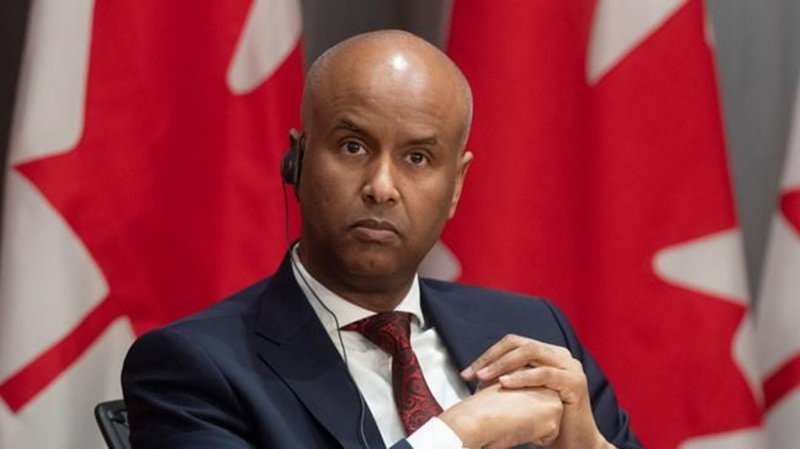
Liberals review rollout of social finance fund to combat pandemic fallout
OTTAWA — The federal government is taking a second look at how quickly it will dole out hundreds of millions in help to social services looking to tap into new sources of capital, particularly as COVID-19 dries up traditional donations.
Social Development Minister Ahmed Hussen’s office says the government is reviewing the launch of what’s known as the “social finance fund” given the pandemic.
The pandemic has had a deep financial effect on households, with much discretionary spending like charity being paused while economic uncertainty prevails.
The Liberals had already embarked on a path to provide new sources of revenue to charitable and non-profit social services by connecting them with private investors to test new — potentially cheaper and more effective — ways of delivering their services.
